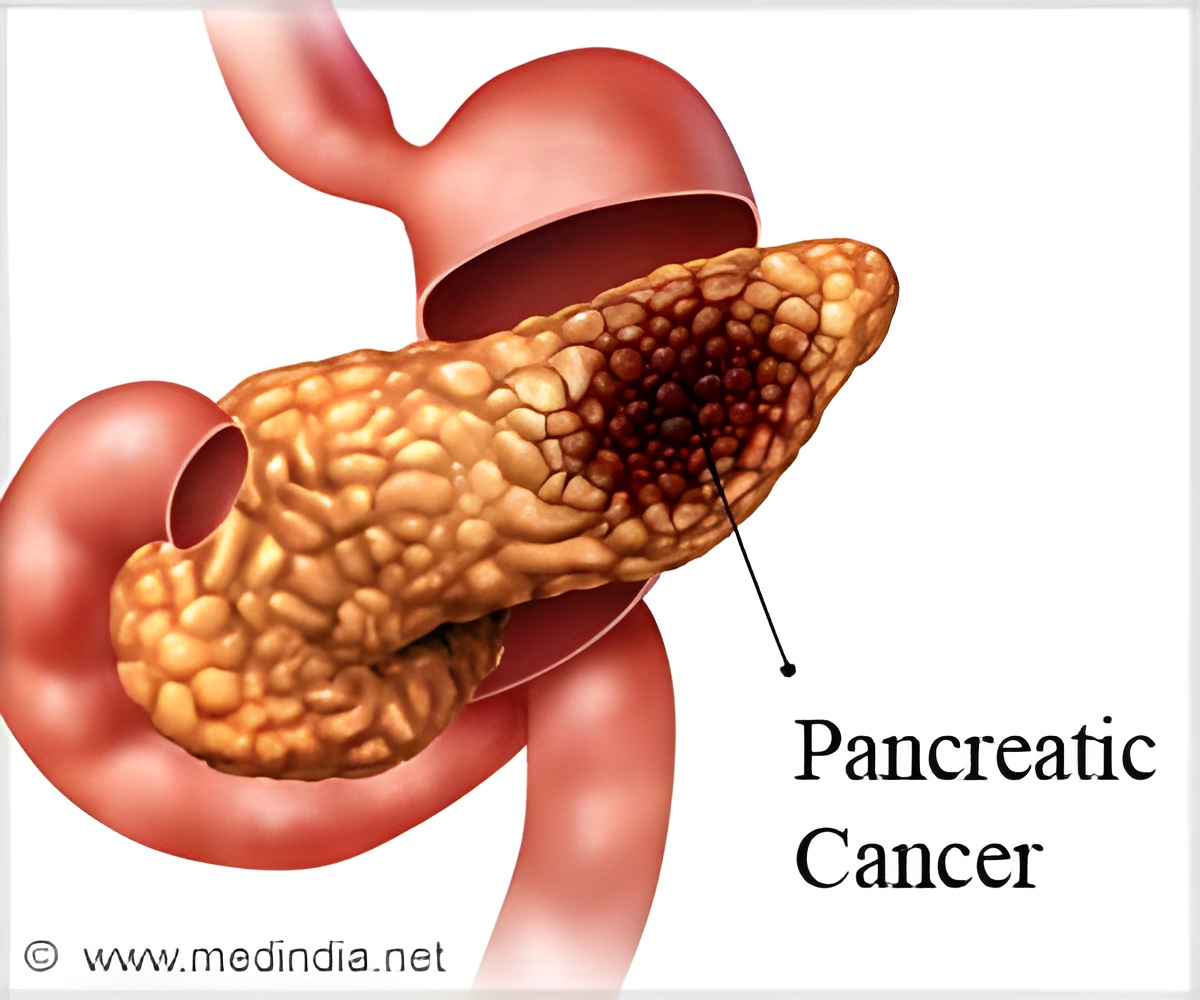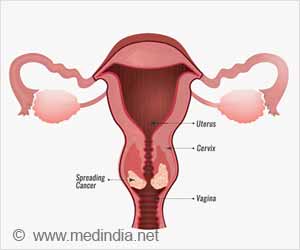Pancreatic cancer — an aggressive disease may soon be treated with a targeted approach with the help of a newly formulated imaging technique.

‘Pancreatic cancer — an aggressive disease may soon be treated with a targeted approach with the help of a newly formulated imaging technique.
’





Bill MacCuaig, a doctoral student in the Stephenson School of Biomedical Engineering, has received the rare honor of being awarded the Ruth L. Kirschstein Predoctoral Individual National Research Service Award from the National Cancer Institute at the National Institutes of Health for a technique that may help improve the detection of pancreatic cancer.
“The NIH award allows promising doctoral students like Mr. MacCuaig the opportunity to develop into productive, independent scientists. External awards like this will provide him with funding support, as well as give him career-enhancing recognition,” said John Klier, Ph.D., dean of the Gallogly College of Engineering. “His work could make a notable and valuable contribution to the field of pancreatic cancer research. We’re very proud of him.”
MacCuaig’s work focuses on developing a clinically translatable nano contrast agent to target pancreatic cancer for intraoperative imaging during surgical resection of pancreatic tumors using optoacoustic tomography. “Pancreatic cancer is one of the most challenging cancers to treat because it is buried deep within your abdominal tissue so, it can be extremely difficult to detect in medical imaging,” MacCuaig said. MacCuaig adds that he would eventually like to learn if his technique is safe and effective in people. “I hope at some point my work will go to clinical trials.”
Lacey McNally, Ph.D., a faculty member in the OU Health Stephenson Cancer Center, serves as MacCuaig’s mentor. She notes that MacCuaig scored in the eighth percentile on the NIH grant – NIH percentiles range from 1 to 99 and a lower number indicates a better score, according to the National Cancer Institute.
MacCuaig came to Oklahoma in 2019 after earning a bachelor’s degree in biomedical engineering at the University of Rochester in New York. A native of Massena, New York, he anticipates completing his doctoral studies in mid-2023. Following graduation, he’d like to work in the biotech industry.
Advertisement
Source-Newswise















